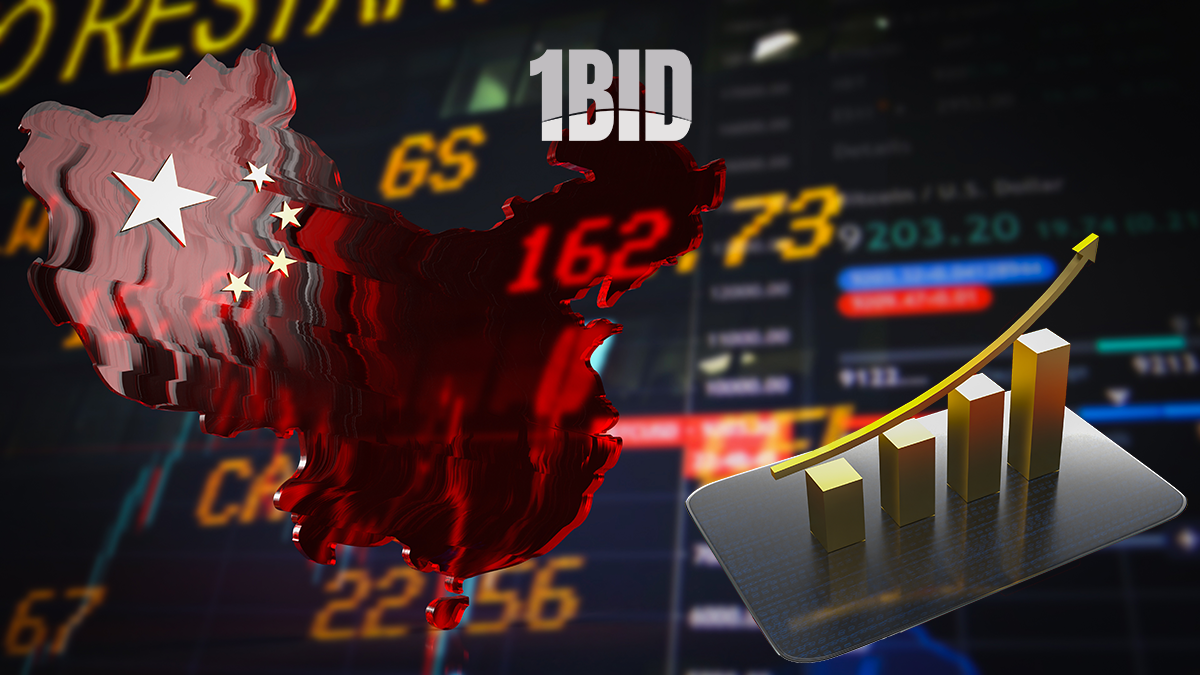In the United States, stock indexes declined as traders adjusted their expectations for Federal Reserve interest-rate cuts. Following a stronger-than-expected jobs report, the likelihood of a 50-basis-point rate cut in November diminished, with traders now pricing in an 86% chance of a 25-basis-point cut. This shift in expectations led to a rally in U.S. Treasury yields, with the benchmark 10-year note yield surpassing 4% for the first time in two months.
James Demmert, chief investment officer at Main Street Research, commented on the situation, saying, “We think this is short-term nervousness that will be healed over the next five days when the CPI number is released and the bank earnings.” Investors are particularly concerned about the economic impact of rising oil prices and potential disruptions in supply.
In Europe, the pan-European STOXX 600 index dropped 0.5%, with most sectors in the red. Energy stocks were among the few gainers due to the surge in oil prices. Financial stocks were under pressure, with major banks like Deutsche Bank and HSBC reporting mixed earnings results. Despite better-than-expected profits, their shares fell as investors focused on cautious outlooks and potential risks from the geopolitical situation.
The European Central Bank (ECB) is set to meet later this week, with markets keenly awaiting any signals on future monetary policy. Analysts expect the ECB to maintain its current stance, but any hints of tightening could further unsettle markets. Meanwhile, in the U.S., investors are waiting for the Consumer Price Index (CPI) inflation reading for September and the kickoff of the third-quarter earnings season with reports from banks.
The technology sector also faced challenges, with shares of major companies like Amazon and SAP declining. Amazon’s stock fell nearly 3% following a downgrade by Wells Fargo, which also pressured the consumer discretionary sector. Conversely, shares of Pfizer rose 2.4% after activist investor Starboard Value took a significant stake in the company. Air Products and Chemicals saw an 8.8% increase following reports that activist hedge fund Mantle Ridge had built a position in the company.
As economic uncertainties continue to influence global markets, investors are closely monitoring upcoming economic data and earnings reports for signs of stability. The performance of key sectors and companies will be critical in navigating these turbulent times, with safe-haven assets like gold and government bonds gaining traction. The coming days will be pivotal in determining market direction, as both the U.S. Federal Reserve and the European Central Bank provide further guidance on monetary policy.







